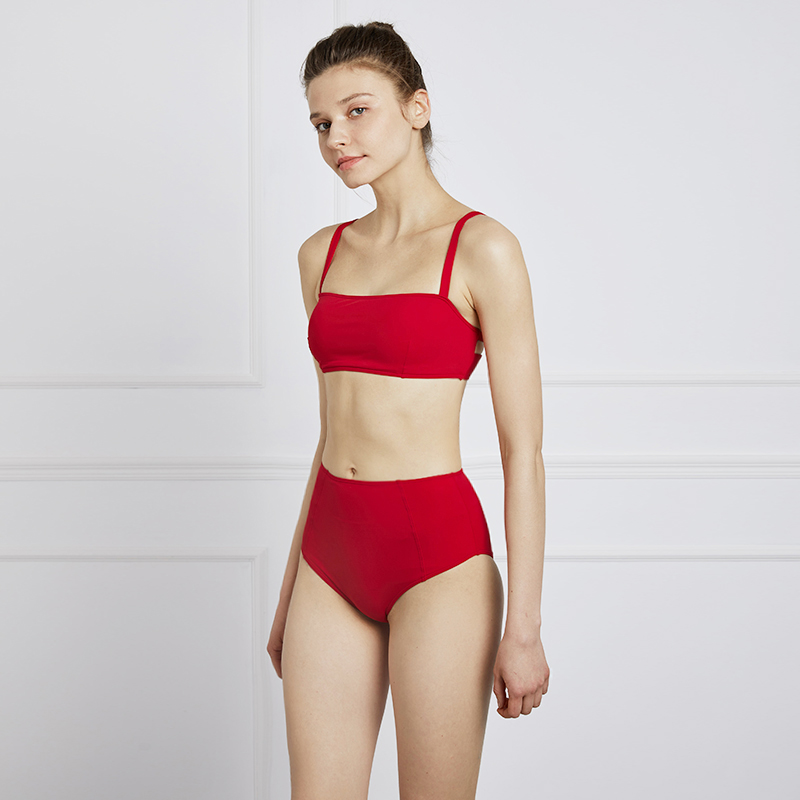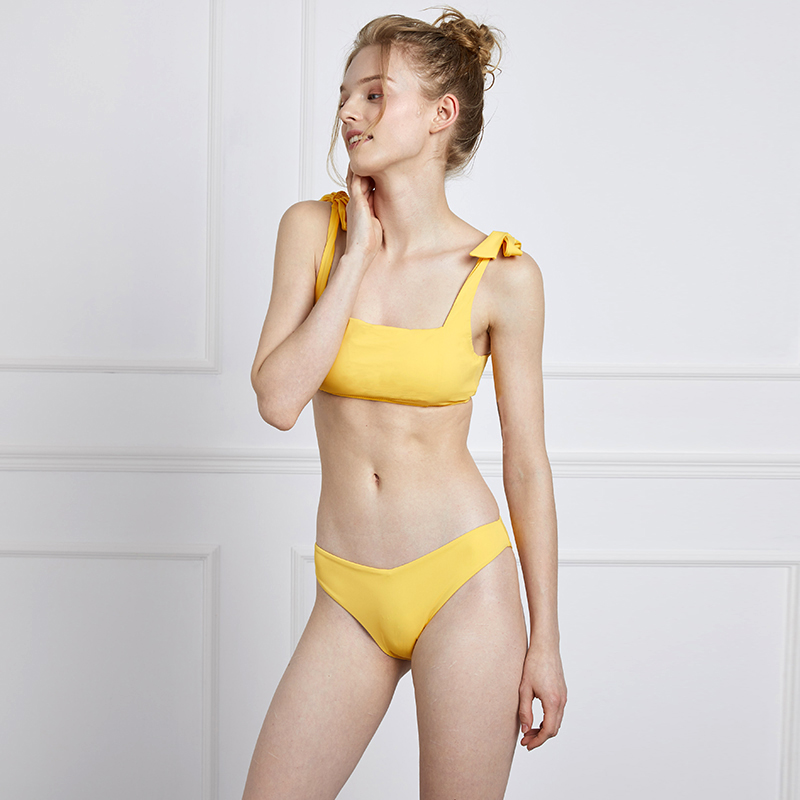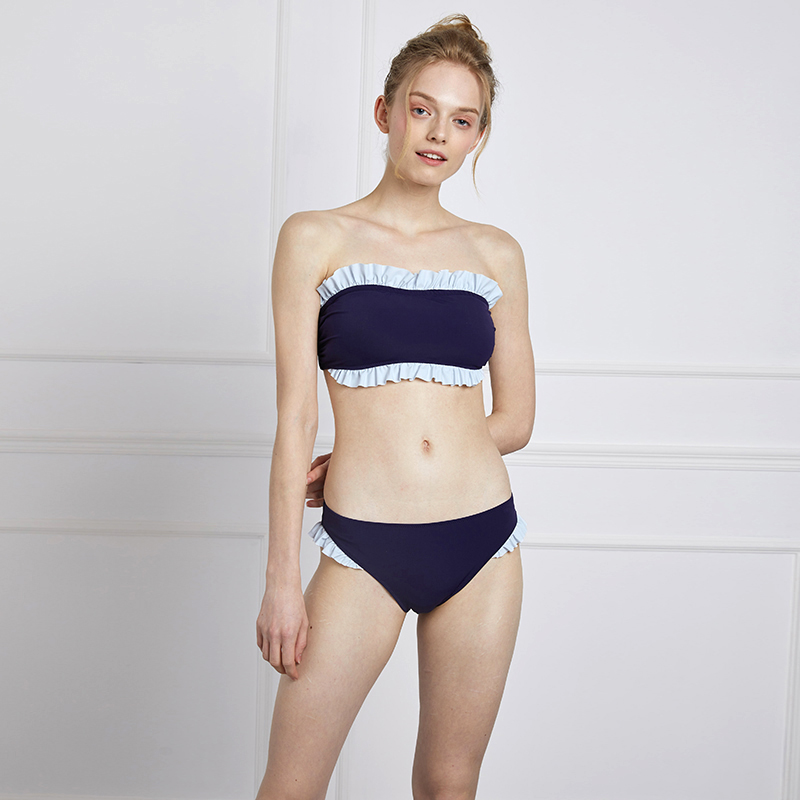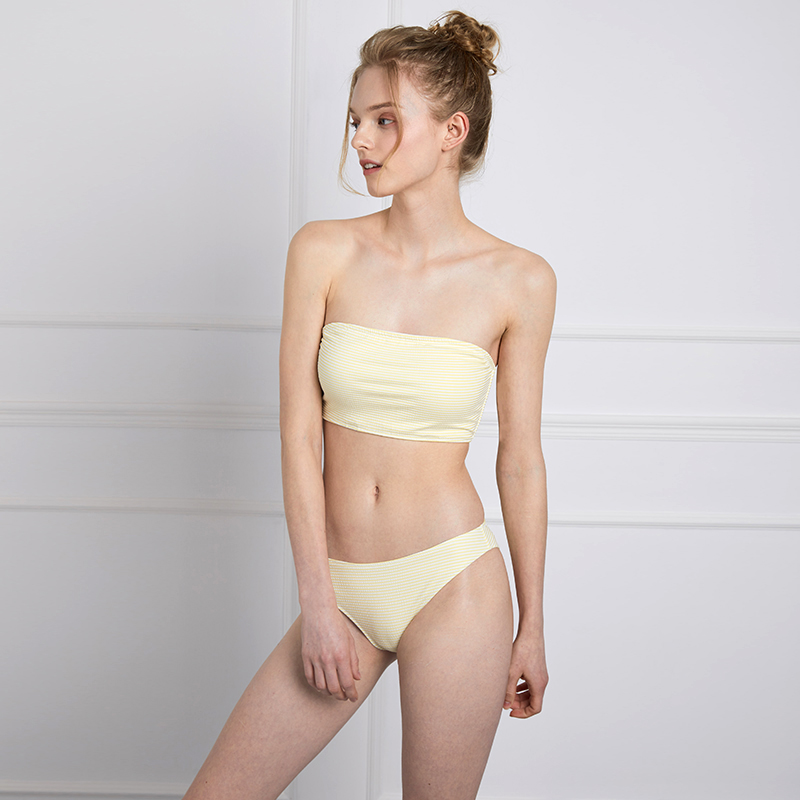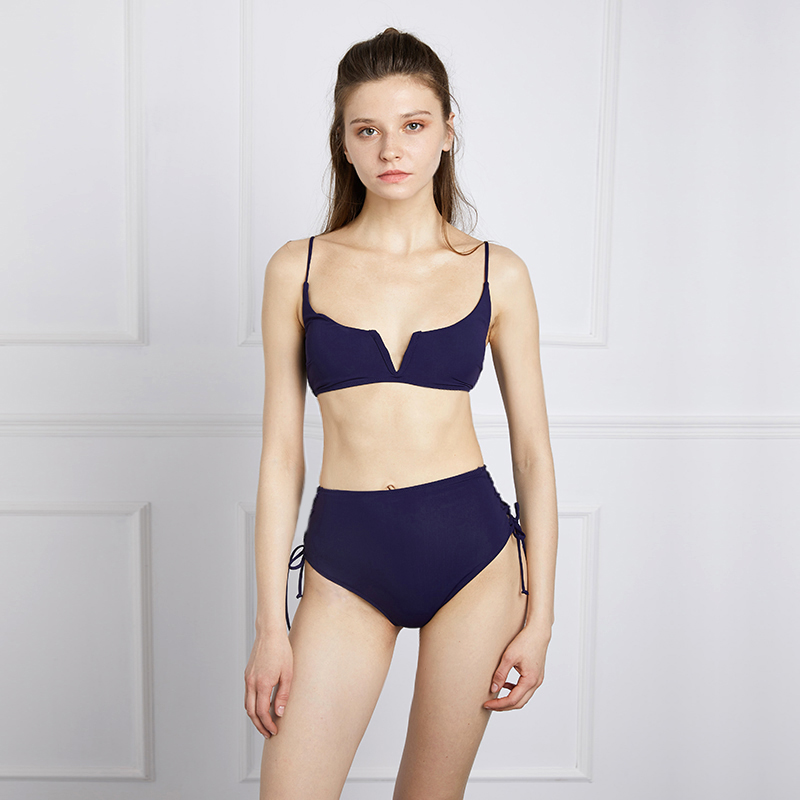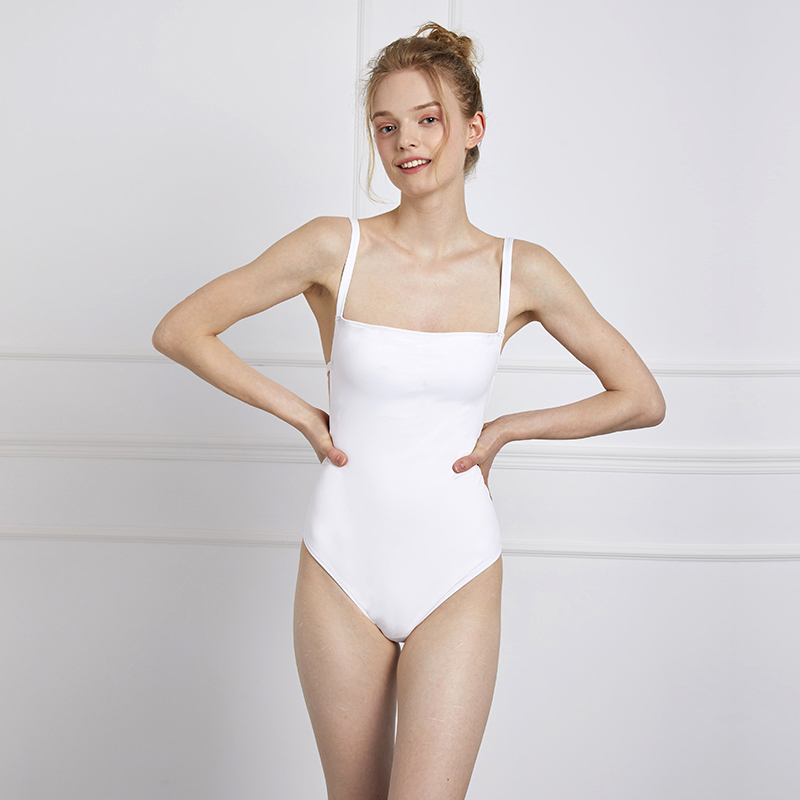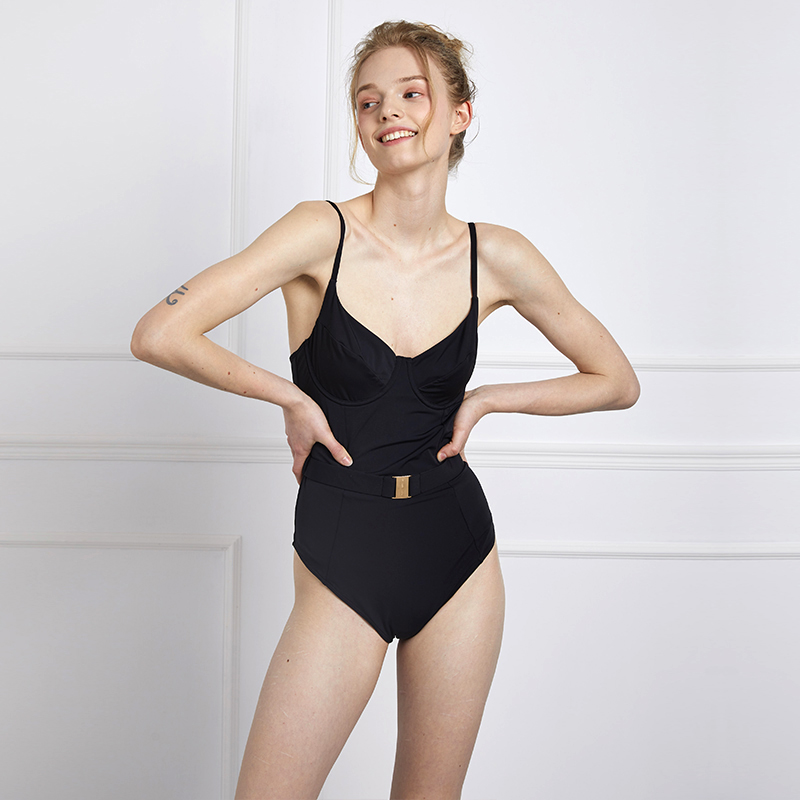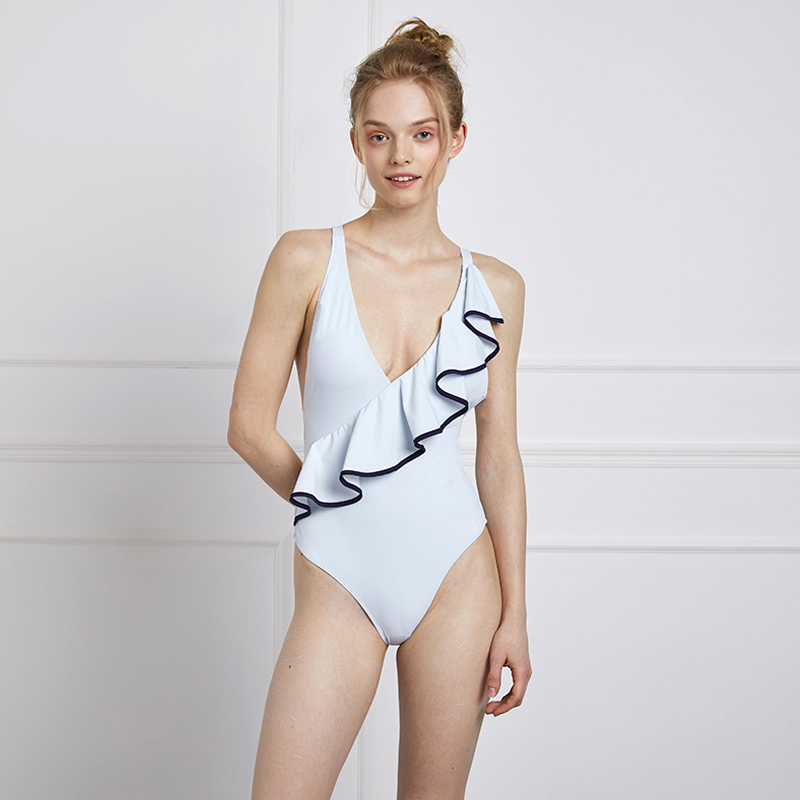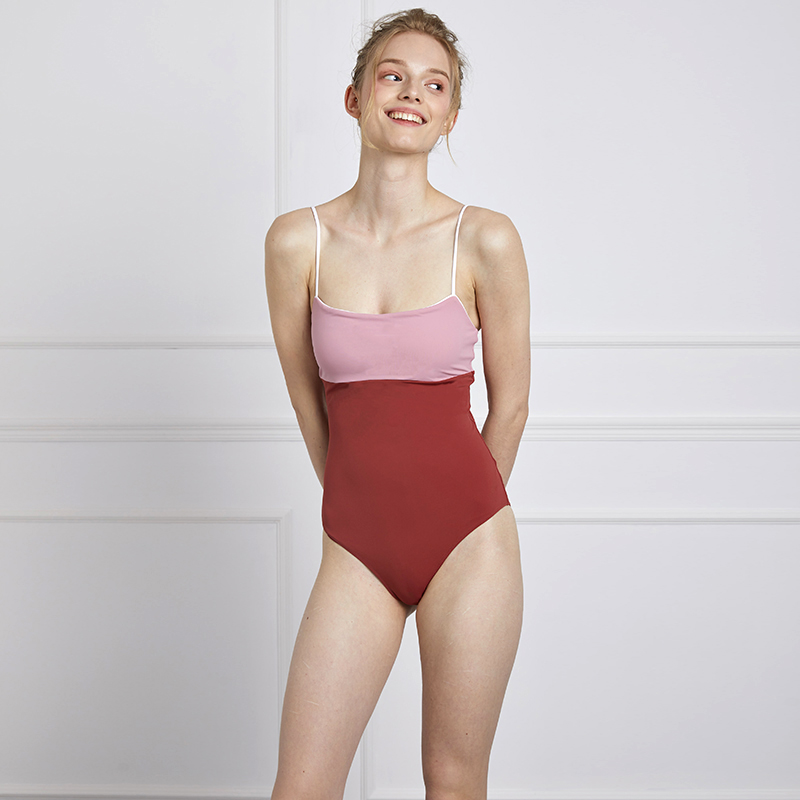If you are interested in some of our products, please feel free to visit our website or contact us for detailed information.

The global swimwear industry is evolving rapidly, with private label swimwear emerging as a dominant trend. As more businesses, entrepreneurs, and retailers recognize the benefits of custom branding and exclusive designs, private label swimwear is becoming a go-to strategy for companies looking to carve out their niche in the competitive market.
From boutique fashion brands to e-commerce startups, private label swimwear offers a cost-effective, customizable, and profitable solution for businesses looking to differentiate themselves. With the increasing consumer demand for unique, high-quality, and sustainable swimwear, the private label model is set to redefine the future of the industry.
What is Private Label Swimwear?
Private label swimwear refers to custom-branded swimwear manufactured by a third-party supplier but sold under a retailer's brand name. This model allows businesses to offer exclusive designs, control pricing, and build brand identity, without investing in costly production facilities.
Unlike traditional white-label products, which are generic and sold by multiple retailers, private label swimwear can be fully customized in terms of design, fabric, color, packaging, and branding. Many suppliers even provide low order quantities (MOQs), making it an ideal option for small businesses and emerging brands.
The Growth of Private Label Swimwear in the Market
Several factors are driving the rise of private label swimwear, including:
The Boom in E-Commerce: Online shopping has revolutionized the swimwear industry, with independent brands launching their own collections without the need for physical stores.
Social Media Influence: Platforms like Instagram and TikTok have fueled demand for exclusive and trendy swimwear, pushing brands to create distinctive, limited-edition designs.
Customization Demand: Today’s consumers want more than just generic swimwear—they seek personalized fits, unique styles, and sustainable materials, which private labeling allows.
Faster Market Entry: With ready-made production lines and expert manufacturers, businesses can launch a swimwear line quickly without extensive R&D.
Key Advantages of Private Label Swimwear for Businesses
1. Brand Exclusivity and Customization
Private label swimwear gives brands full creative control over their product line. Businesses can customize:
Designs and cuts (bikinis, one-pieces, high-waisted sets, etc.)
Fabric choices (eco-friendly, compression-fit, quick-dry materials)
Colors, prints, and textures (bold patterns, neutral tones, ribbed textures)
Branding elements (tags, packaging, logo placements)
By offering exclusive swimwear, businesses can establish a strong brand presence and attract loyal customers.

2. Higher Profit Margins
Unlike wholesale or drop shipping models, private label swimwear allows businesses to set their own pricing strategies. With lower production costs and direct supplier relationships, brands can enjoy higher profit margins while maintaining competitive prices.
3. Faster Production and Market Entry
Private label manufacturers specialize in efficient production and scalable manufacturing, meaning businesses can launch their swimwear line in just a few months. This is crucial in the fast-paced fashion industry, where seasonal trends shift rapidly.
4. Sustainable and Ethical Sourcing Options
Many private label swimwear manufacturers now offer eco-friendly and ethical production choices, such as:
Recycled ocean plastics and regenerated nylon
Organic, biodegradable fabrics
Fair-trade and ethical labor practices
As sustainability becomes a key consumer demand, brands can align with green initiatives to appeal to environmentally-conscious buyers.
Top Trends in Private Label Swimwear for 2025
The private label swimwear market is constantly evolving. Here are some key trends shaping the industry:
1. Sustainable and Eco-Friendly Swimwear
Brands are shifting toward recycled materials and biodegradable fabrics to minimize their environmental footprint. Sustainable swimwear is no longer a niche—it’s a mainstream expectation.
2. Size-Inclusive and Adaptive Swimwear
Consumers demand more size-inclusive swimwear that caters to all body types, genders, and mobility needs. Private label brands that prioritize adaptive designs will have a competitive edge.
3. Seamless and Minimalist Designs
The "second-skin" seamless swimwear trend is gaining popularity for its comfort, durability, and sleek appearance. Minimalist designs in solid colors and neutral tones are also in high demand.
4. UV Protection and Smart Fabrics
Swimwear with UV-blocking properties, quick-dry technology, and antibacterial coatings is becoming a must-have feature for modern consumers.
5. High-Performance and Multi-Purpose Swimwear
Many brands are now offering hybrid swimwear that doubles as athletic wear or loungewear—a fit for an active lifestyle.
